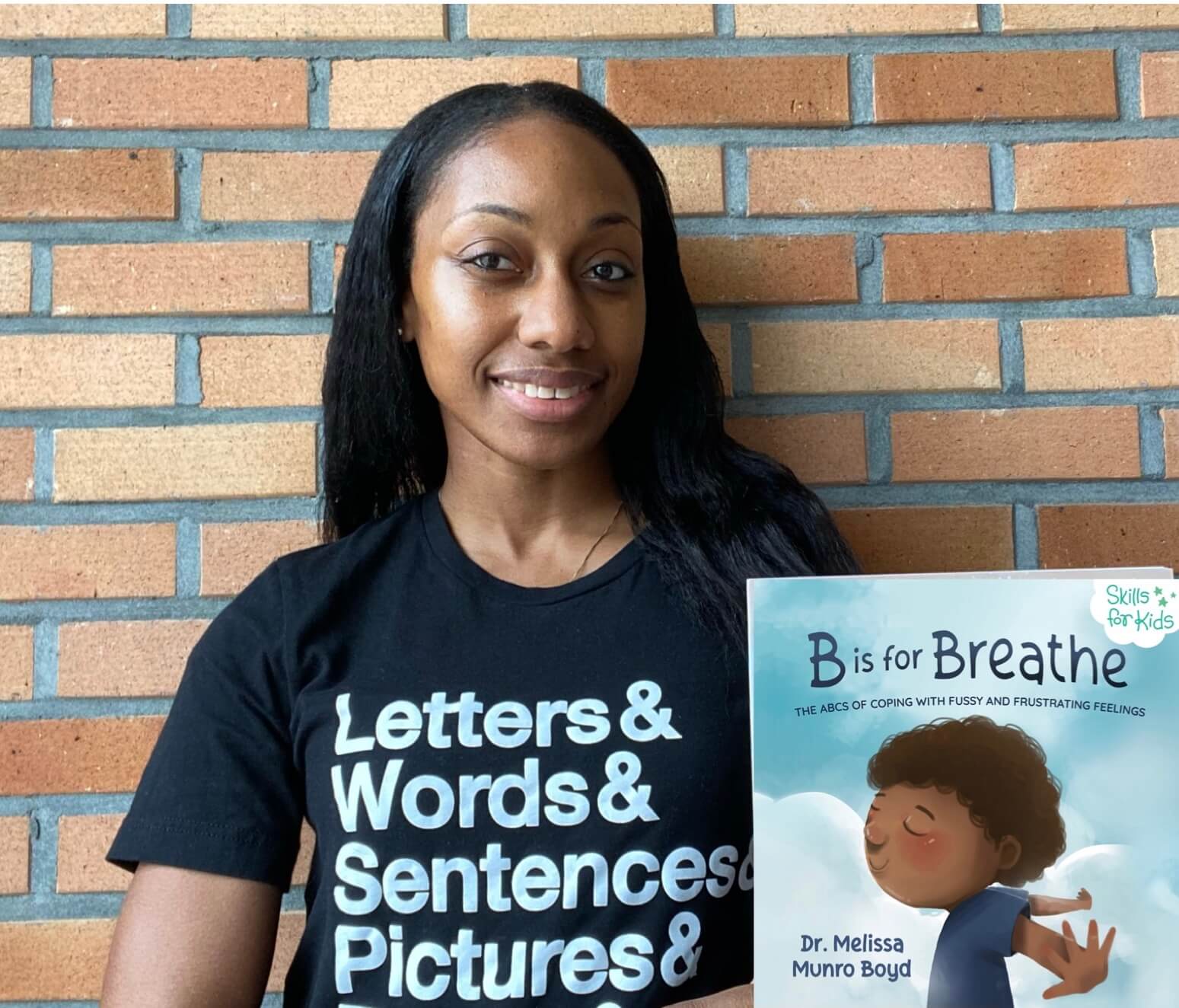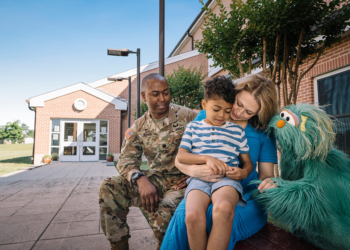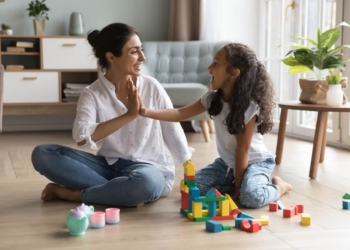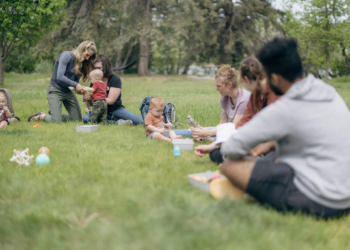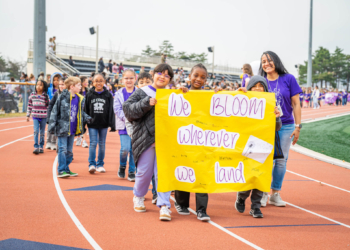As a clinical psychologist in the United States Army, I am intentional about teaching my three children about their emotions and ways to be aware of their thoughts and feelings. I have also enjoyed helping military families. Although military children experience many unique and exciting experiences, they also often face many challenges as a result of their parents’ service. Some of these challenges can include moving frequently, changing schools, adjusting to separations during parent deployments and other missions, being far away from family and friends, building new support networks and overall coping with change.
Difficulty adjusting to life changes can greatly impact a child’s mood, self-esteem, behavior, academic performance and overall adjustment to a stressor. Understanding emotions is key to strengthening a child’s ability to cope and regulate stressors in life. Coping skills are strategies used to manage big feelings, difficult situations and new experiences. Understanding emotions and developing healthy coping skills can benefit children and the adults who love them.
Children experience a wide range of feelings, just as adults do. This can include feeling excited, calm, bored, sad, nervous, embarrassed, disappointed and more. In addition to offering encouraging words, it helps to talk and demonstrate practical examples of how children can cope with stress. Healthy coping skills for children can include:
- Positive affirmations and self-talk
- Healthy expression of feelings – art, writing, talking, laughing, praying, crying
- Relaxation techniques – deep breathing, muscle relaxation, guided imagery
- Physical activity – sports, stretching, yoga
- Mind activities – reading, puzzles, listening to music
There are many healthy skills children and families can also do together in anticipation of a change in their normal battle rhythm. Some examples include having family dinner, consistent bedtime routines, establishing limits on the use of media and technology, and identifying times that are most stressful (i.e. PCS season).
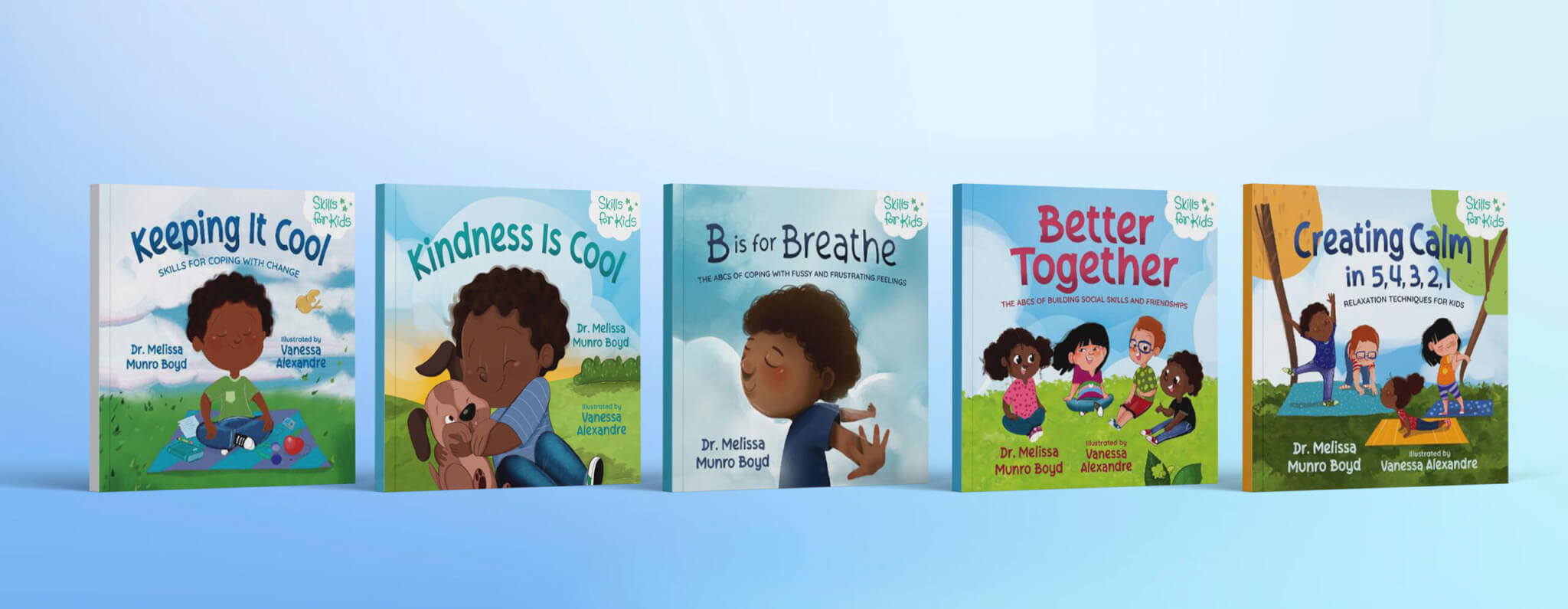
Storybooks can also be used to engage children in gaining insight into their feelings and teach helpful ways to practice healthy coping skills. In particular, picture books that focus on social emotional learning can be used as tools to help shape the way children understand feelings and express themselves. Social emotional books provide opportunities for open discussions about emotional content which can help to increase a child’s emotional competence. Encouraging a joy for reading and practicing healthy coping skills can be done as a family and incorporated within a home. This helps with staying connected while teaching children important coping tools that help engage them in the present moment, increase attention, and reduce stress.
Children’s literature can be utilized to support enhancing reading and communication skills in addition to developing a wide range of social emotional skills in order to maintain healthy relationships, make responsible decisions, and better manage emotions, to include building empathy. By incorporating literature to promote healthy emotions, children can strengthen their ability to better understand the emotions, challenges, and goals of themselves and others.
Whether you are preparing for PCS season, finishing the school year, starting a new summer camp, or joining a new sport or activity, reading is a great resource to help children make a smooth transition. Prior to my family and I PCSing to Korea in 2019, I published my first children’s book titled “B is for Breathe: The ABCs of Coping with Fussy and Frustrated Feelings.” I have since published the “Skills for Kids,” which was created to provide children with tools and skills to better understand topics related to feelings, emotion regulation, calming strategies, friendship and kindness and are wonderful resources for children, parents, educators, counselors, and more.
Here is a brief description of my Skills for Kids Book Series:
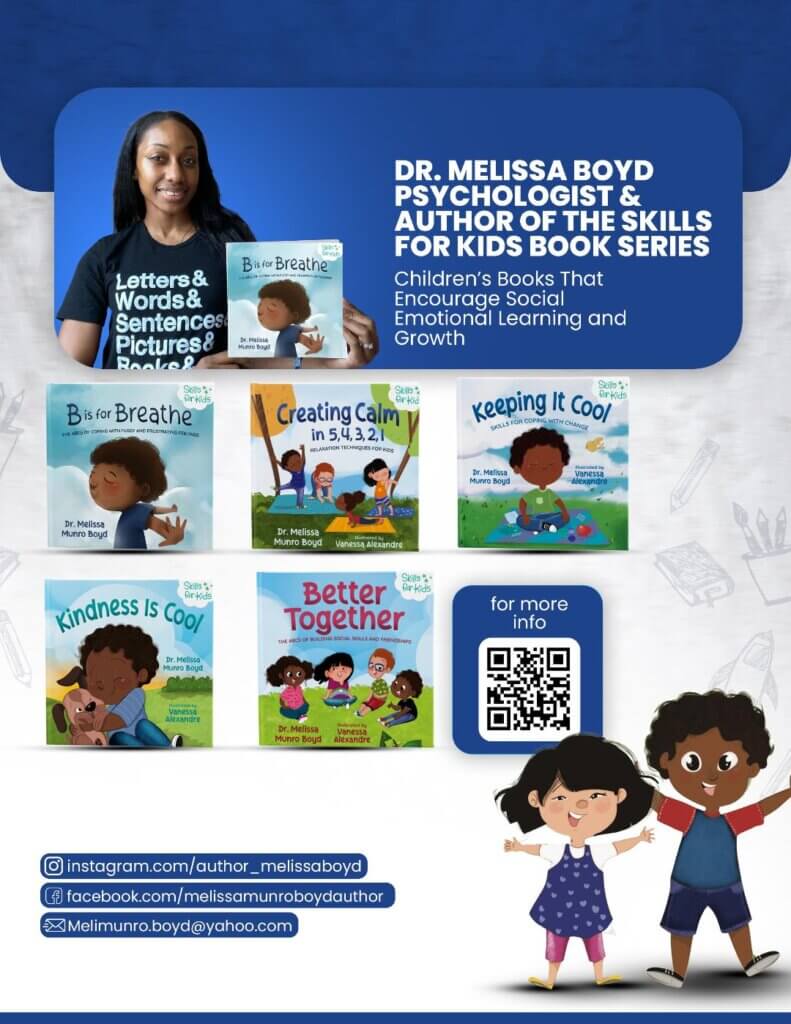 “B is for Breathe: The ABCs of Coping with Fussy and Frustrating Feelings”
“B is for Breathe: The ABCs of Coping with Fussy and Frustrating Feelings”
From the letter A to the letter Z, B is for Breathe promotes social emotional learning and provides examples of diverse ways children can cope with frustrating emotions and learn calming strategies such as reading, journaling, doing art, listening to music, and muscle relaxation.
“Better Together: The ABCs of Building Social Skills and Friendships”
Better Together teaches children important friendship skills such as sharing, taking turns, asking for help, and paying attention to body language. Better Together shares fun examples of children practicing social situations at home and school and helps children understand how to use their social skills with confidence!
“Keeping it Cool: Skills for Coping with Change”
Keeping it Cool explores numerous ways children can adjust to change, express feelings, and practice healthy coping skills. This enjoyable book teaches effective coping strategies and how adjusting to change impacts feelings, time spent with others, and daily routines. Keeping it Cool offers ideas for children to model and encourages social emotional skills and emotional awareness in children.
“Creating Calm in 5, 4, 3, 2, 1”
Creating Calm celebrates the many ways children can express their feelings and develop healthy coping skills at an early age. This book teaches kids relaxation and grounding such as deep breathing and using 5 senses — sound, touch, smell, taste, and sight senses to be present and manage unpleasant feelings. Creating Calm will inspire kids to discuss their feelings, show positive behaviors, and practice calm down strategies.
“Kindness is Cool”
Kindness is Cool teaches children how easy it can be to spread kindness throughout the day. This book shares fun examples of children being kind to others and themselves at home, school, and in their community. Whether it’s cheering for a friend, cleaning up toys, helping a neighbor, or caring for a pet, Kindness is Cool teaches that acts of kindness are cool and make our world a better place!
“Hair Day”
Hair Day is a colorful book about a young girls experience of learning to embrace her hair and find beauty in the many styles she can wear. This book shows a lovely bond between a mother and daughter and the memorable times they share discussing hair, self-confidence, and emotions.
“Pool Day”
Pool Day shares the experience of a young girl learning to swim and building courage to face her worries about the water. The book shows the importance of encouraging others, overcoming fear and building confidence to achieve goals!
“Color my Hair Coloring Book”
Color My Hair is a fun coloring book for girls with positive affirmations and beautiful and diverse hair styles. It includes 20 coloring pages, creatively designed to encourage girls to be confident, unique and to love their hair!
Books can be purchased online at Amazon and Barnes and Noble in addition to many local bookstores in the United States. Follow Dr. Boyd for more information on Instagram and Facebook.
ABOUT THE AUTHOR: Dr. Melissa Munro Boyd is a wife, mother of 3, clinical psychologist, and officer in the United States Army. Dr. Boyd has spent much of her clinical career treating military service members with behavioral health disorders and she currently serves as the Deputy Chief for the Division of Behavioral and Social Health Outcomes Practice at the Defense Centers for Public Health-Aberdeen. Prior to the Army, Dr. Boyd worked in the Philadelphia School District where she completed her dissertation on the impact of community violence on children. She is a proud graduate of Hampton University in Virginia where she earned her Bachelor’s in Psychology and of La Salle University in Philadelphia where she earned her Master’s and Doctorate in Clinical Psychology. Her professional interests include the impact of mental health on families, suicide prevention and awareness, and promoting healthy emotions and coping skills through children’s literature.
Read comments

